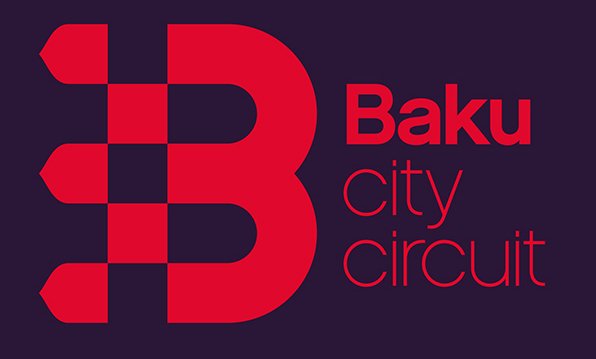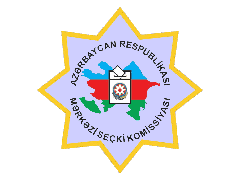Khan Shushinski entered the music history as one of the most prominent Azerbaijani mugham singers. He left after himself a strong school of talented composers and musicians.
Heydar Aliyev Palace has honored a memory of the exceptional musician and composer with a marvelous concert. The concert was also timed to the Year of Shusha, a native city of the mugham legend.
People's Artists Mansum Ibrahimov, Nazakat Teymurova, Malakhanum Ayyubova, Teyyub Aslanov, Gyulyaz Mammadova, Gyulyanag Mammadova, Samir Jafarov, Natiq rhythm group, Honored Artists Tayyar Bayramov, Sevinj Sariyeva, Anar Shushaly, Babek Niftaliyev, Sabuhi Ibayev, as well as Kamila Nabiyeva, Sabina Arabli, Azerbaijani pearl Dance Enseble led by honored artist Naili Mammadzade, Baku Choreographic Academy and many others captivated the audience with marvelous performances under the baton of the Buta Instrumental Ensemble conducted by Rovshan Gurbanov.
Azerbaijan's folk songs and mugham compositions such as Arazbari, Mahur-Hindi, Bayati-Kajar, as well as the author's works of the outstanding mugham singer Khan Shushinski sounded at the concert.
The guests were shown video materials about Khan Shushinski and the foundation named after him headed by his daughter Beyimkhanum Javanshirova-Verdiyeva.
Descendant of Karabakh khan
The mugham singer is a descendant of the founder of the Karabakh Khanate Panah Ali Khan Javanshir.
The khan founded the Karabakh khanate in the 18th century. He made Shusha his capital and founded Shusha Castle.
After his brilliant performance of the Kurd-Shahnaz mugham in Shusha, the people started to call Khan Shushinski a khan when he was only 16 years old.
The owner of a powerful voice skillfully sang mughams, folk songs and tasnifs, among which were Mahur-Hindi, Heyrat, Karabakh Shikastasi, Arazbari, etc.
He performed folk songs with special brilliance, everytime surpising listeners with something new.
Since Isfandiyar also played the tambourine well, he always had success performing rhythmic mughams.
Khan Shushinski was known as a talented composer after writing a number of songs, including the compositions "Beuaty", "Gamar" as well as "The mountains in Shusha are covered with fog" dedicated to his native city of Shusha.
In the film "If Not That One, Then This One", Khan Shushinski was accompanied by Talat Bakikhanov (kamancha) and Bahram Mansurov (tar).
In 1960, he created the "Mugham studio" in the Azerbaijan State Philharmonic, where he gave private lessons to the young mugham singers. He later taught vocal arts at the Asaf Zeynally Music School.
The outstanding mugham singer was named the People's Artist of the Azerbaijan SSR (1943) and received the Order of the Badge of Honour (1959).
Khan Shushinski was much beloved by the Azerbaijani public. The people's love for Khan Shushinskyi knew no bounds. He was buried in the Alley of Honor in Baku.
The Khan Shushinski Foundation operates in Azerbaijan to perpetuate the singer's name. There is also a street named after him in Baku.



.png?v=DqKtbngFu8-eBM77oNP77E2SV2gNF4_tUk0Y9IcK12s)

















